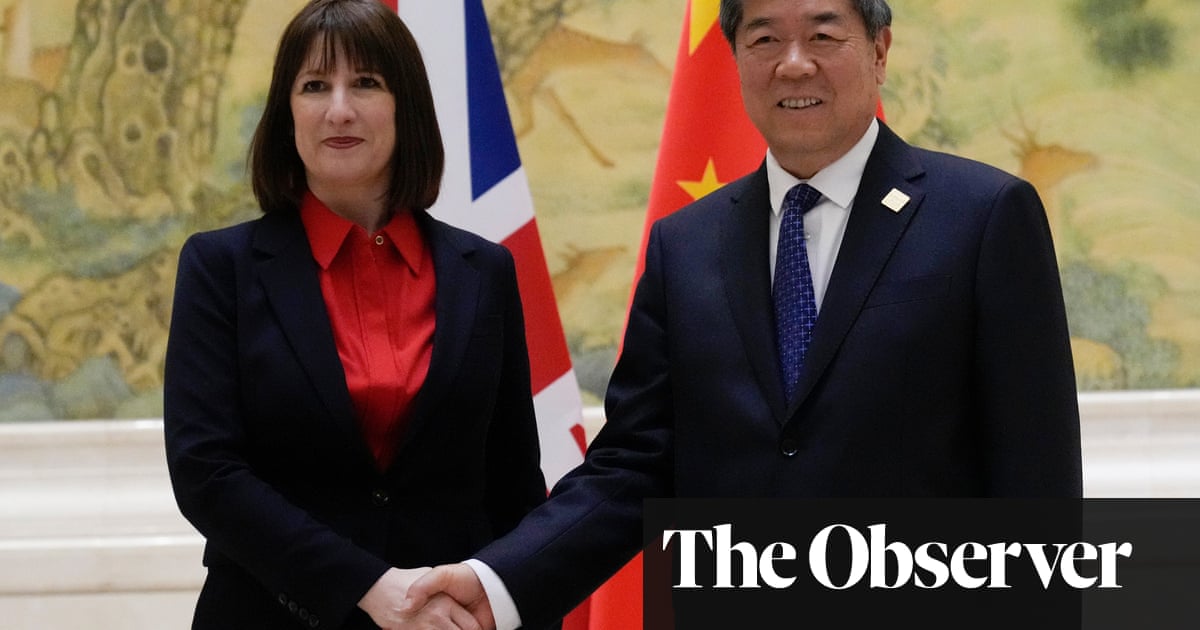Confidence vote only item on agenda in Bundestag session
Today’s session in the Bundestag lower house of parliament has one item on the agenda: the confidence vote. Chancellor Olaf Scholz triggered this path to new elections on 23 February by firing his finance minister Christian Lindner last month, which led Lindner’s pro-business Free Democrats to quit the government, robbing it of a majority.
The dramatic developments came after months of infighting over fiscal priorities and ideological differences that finally became too much for Germany’s first three-way federal coalition to bear. The centre-left Social Democrats and ecologist Greens will continue running the EU’s top economy until a new government can be formed, probably in the spring.
Key events Show key events only Please turn on JavaScript to use this feature
Scholz can expect to lose today’s vote, touching off the planned course of events. However speculation has been rife that the far-right Alternative für Deutschland party could try to torpedo the drive for a new election in a bid to create chaos. If enough AfD MPs voted for Scholz in the confidence vote, it could prop up his minority government against its will. To prevent this, the Bundestag is requiring lawmakers to vote by name thus leaving each on the record with their stated preference. And the parliamentary group leaders of the Greens, junior partners in the government, have advised their members to abstain while the centre-right CDU/CSU and the FDP will vote against Scholz, thus virtually ensuring he won’t gain a majority.
Scholz, who is deeply unpopular, will begin the session at 1pm CET with a short speech presenting his reasons for calling the confidence motion. He will be the fifth chancellor to use the measure as laid out in Article 68 of Germany’s Basic Law since the second world war – Angela Merkel was a rare exception in never using it despite her 16 years in power through many a crisis. About 90 minutes of debate will follow.
If all goes according to Scholz’s plan, a majority of MPs will vote against Scholz and he can go to president Frank-Walter Steinmeier at Bellevue Palace in central Berlin, recommending that the head of state dissolve the current Bundestag and clear the way for a general election. Steinmeier will have 21 days to take his decision, during which he will consult with the leaders of the various parliamentary groups. If he agrees to dissolve the Bundestag, an election would have to be held within 60 days, thus clearing the way to the 23 February poll.
Confidence vote only item on agenda in Bundestag session
Today’s session in the Bundestag lower house of parliament has one item on the agenda: the confidence vote. Chancellor Olaf Scholz triggered this path to new elections on 23 February by firing his finance minister Christian Lindner last month, which led Lindner’s pro-business Free Democrats to quit the government, robbing it of a majority.
The dramatic developments came after months of infighting over fiscal priorities and ideological differences that finally became too much for Germany’s first three-way federal coalition to bear. The centre-left Social Democrats and ecologist Greens will continue running the EU’s top economy until a new government can be formed, probably in the spring.
I’m Deborah Cole, one of the Guardian’s two Berlin correspondents, and will be guiding you through today’s historic confidence vote in the Bundestag on Olaf Scholz’s three-year-old government. In Sunday’s Observer, Europe correspondent Jon Henley and I offered a look at the high stakes of the political turmoil in the EU’s two powerhouses, Germany and France, and how they might emerge from it. For Germany, this is Step One.

.png) 3 weeks ago
11
3 weeks ago
11













































